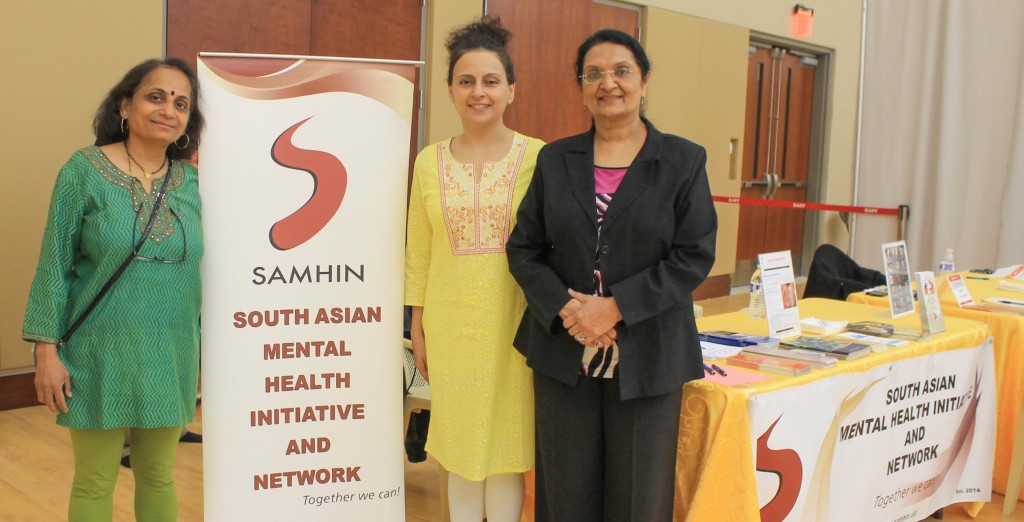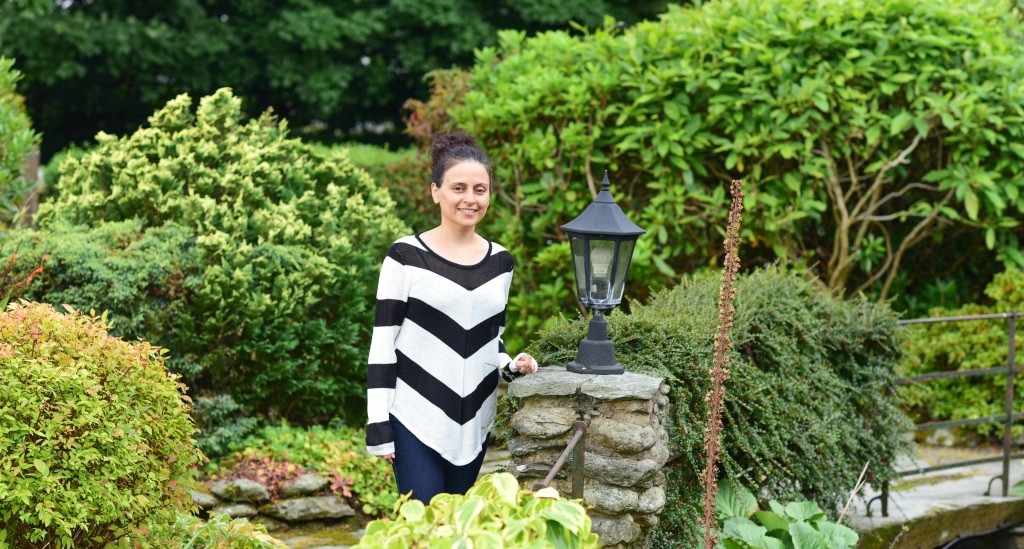
There’s a high chance you’re suffering from anxiety internally even though you are functioning fine externally. Stop living the dual life and working hard for two people when you have energy and resources only for one.
What is anxiety?
Anxiety is state of feeling emotionally and behaviorally frustrated, restless, overwhelmed and tense. Most of us suffer from at least one symptom of anxiety such as lacking the ability to focus, having disturbed sleep, having a fear of failure, lacking the ability to socialize and to have positive relationships, etc.
How is anxiety manifested?
Self-doubt sets in, and maintaining personal, professional and social relationships becomes challenging. It becomes easy to forget minor and major things, and blanking out frequently occurs. This leads to an inability to retain new information or readily learn new skills.
Physical issues start to occur, and there is typically an increase in migraines, headaches, back pain and exhaustion. Breathing often becomes irregular, and sometimes digestive issues can set in.
Emotions become tenuous as well, and sensitivity to criticism becomes heightened. Living a contented life is no longer possible.
Common disorders related to anxiety:
- Generalize Anxiety Disorder (GAD): The act of worrying about almost everything in life, even without any specific reasons. People who suffer from GAD may frequently visit the doctor, complaining of multiple ailments, but test results yield nothing.
- Panic Disorder: Having surges of very intense fear—at least one attack a month—without stimuli. Some examples of attacks are a pounding or skipping heartbeat, chest discomfort, trembling, hot/cold flashes, breathlessness, sweating and numbness.
- Obsessive Compulsive Disorder (OCD): Having unwanted thoughts, images and impulses that must be acted upon like washing hands, cleaning, checking locks, re-arranging furniture, over-exercising, etc.
What can be done?
We don’t have to live with these symptoms, nor do we have to suffer with the frustration of not achieving personal and professional goals. We don’t have to doubt ourselves and our potential simply because we are unable to access it again due to anxiety, and we don’t have to agree with others who say we can’t be successful.
I’m fully aware that eradicating anxiety is a process and will take a considerable amount of time and effort. The earlier we start, the better. We can make small changes and move at a gradual pace.
Over the years, I have seen people make huge changes by investing only a small amount of time, say, two to four hours per month. Many clients have mentioned that reaching out for help and spending about two to four hours per month has been “one of the best investments of time and money”.
I believe we all have the potential, intelligence, wisdom and resources needed to achieve our goals. Due to our own limitations, however, we’re unable to explore them. Once we do, the sky is the limit.
To reach the sky, you must fly—carefully but fearlessly. Anxiety is one of the biggest hindrances to being fearless, so get rid of it as soon as possible.
If anxiety is plaguing your life and holding you back, you can diminish your suffering by investing only two to four hours each month. Those few hours might be the most beneficial to your overall happiness and well-being.



